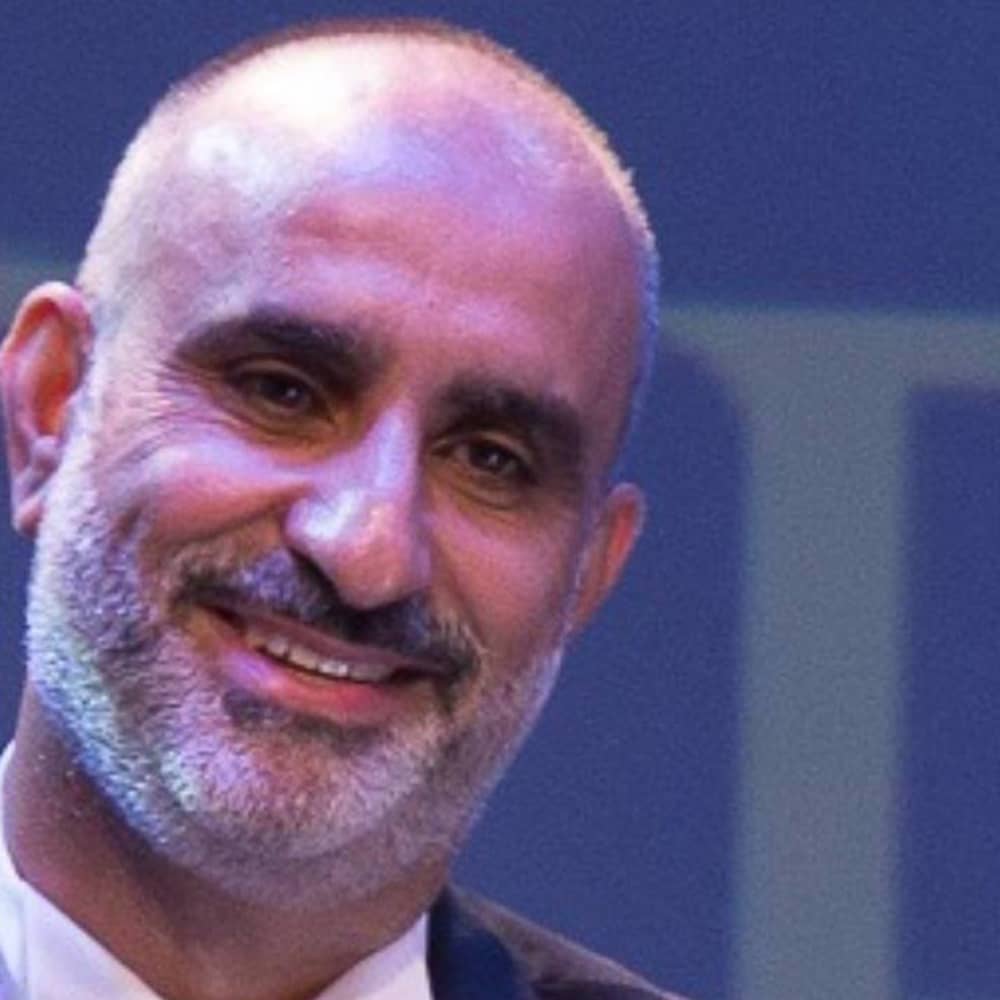Course Description
This top-up degree in management is aimed for motivated individuals who would like to work in the field of management and can possibly come from different economic sectors. The degree is intended to develop individuals to possess the necessary professional management skills, develop in their respective career and contribute effectively to the overall betterment of their own respective organisation.
This degree has been strategically designed and formulated to allow learners familiarize themselves with the world of business and management. It shall give them an insight to the basic principles of management, as well as various managerial and business theories that have been practiced throughout the years and are still followed today. Furthermore, learners shall also be exposed to different aspects of a business such as quality management economics, finance, marketing risk management, operations management and many other external factors such as politics and government policies, customers and suppliers, the economy and internal factors such as company culture, resources both financial and human etc.. that affect the business and management world.
On completion of the course students will be able to:
- Identify, critically evaluate and apply various theories and practices widely known within the field of business and management;
- Demonstrate awareness of the various departments and field that make up the business industry and the relevant theories to each;
- Exhibit a critical understanding of the role of strategies within organisation and how they should be linked to various disciplines within management.
- Identify and apply the external and internal factors that influence business success and how to monitor and manage such factors;
- Show how the implementation of successful budgeting and finance measures can affect the long-term success of an organisation;
- Demonstrate effective problem solving and decision making using appropriate quantitative and qualitative skills including identifying, formulating and solving business problems;
- Demonstrate effective use of communication and information technology for business applications;
- Show creativity and initiative in developing projects, managing and developing teams into high performing teams., within a team environment, including leadership, team building, influencing and project management skills;
- Demonstrate interpersonal skills such as effective listening, negotiating, persuasion and presentation and Reflect on performance and critically appraise actions in order to develop further.
Learning Outcomes
By the end of the course programme, students will be able to:
- Identify and critically evaluate various theories and practices widely known within the field of business and management.
- Demonstrate awareness of the various departments and field that make up the business industry and the relevant theories to each.
- Exhibit a critical understanding of the role of strategies within organisation and how they should be linked to various disciplines within management such as Learning and Development and Financial Management.
- Identify and apply the external and internal factors that influence business success and how to monitor and manage such factors.
- Assess and evaluate the role of effective quality management and how it affects the overall success of an organisations, and be able to implement a successful marketing strategy.
- Show how the implementation of successful budgeting and finance measures can affect the long-term success of an organisation.
Target Candidates
This top up degree in management is aimed at motivated individuals who are in possession of MQF Level Diploma in Leadership and Management (60 ECTS) or equivalent. It is ideal for those who would like to work in the field of management and can possibly come from different economic sectors. The degree is intended to develop individuals to possess the necessary professional management skills, develop in their respective career and contribute effectively to the overall betterment of their own respective organisation.
| Course Code | Duration | Credit Value | Next Intake | FT/PT |
|---|---|---|---|---|
| LW/M/014 | 24 months | 120 ECTS | September 2024 | FT/PT |
| Contact Hours | Placement Hours | Self Study Hours | Assessment Hours | Total Learning Hours |
|---|---|---|---|---|
| 600 | 10 | 2257 | 133 | 3000 |
Mode of Training
Lectures, case studies, simulations, group work, projects and student presentations, examinations.
70% of lectures will be delivered online.
Assessment
This degree uses a mixture of assessment methods to examine the extent of which the students have understood the learning outcomes proposed. The methods include a mixture of assignments, presentations, group assignments, examinations and research projects. Students are also encouraged to learn from one another through group discussions and participations.
Awarding Body
Learning Works
Course Structure
Module 1(LW/M/015): Management Functions (10 ECTS)
This module introduces their students to the basic and main functions of management within organisations. The functions of management include planning, organising, staffing, directing and controlling. This module shall therefore provide an overall in-depth knowledge of all functions of management.
Module 2 (LW/M/016): Business Management and Planning (10 ECTS)
This module will develop the skills and understanding you need to understand different business careers. Learners will explore business issues in realistic contexts. In addition, learners will apply business management theory and develop business plans relevant to the real world and develop perspectives, critical awareness and appreciate diverse global issues. This module of study provides an underpinning knowledge of the subject of business, and will allow learners to apply the knowledge learned for their own specific and particular context at the place of work.
Module 3 (LW/M/017): Quality Management (10 ECTS)
This module introduces learners to the fundamentals of quality management. It allows them to appreciate the importance of overlooking all activities and tasks within organisation to ensure that they are conducted with maximum efficiency and to a level of excellence. Furthermore, this module allows them to understand the principles of conducting quality assurance and planning, as well as control and improvement within organisations.
Module 4 (LW/M/018): Risk Management (10 ECTS)
This module introduces learners to the fundamentals of risk management and its role within organisations. This module allows learners to understand the complexity of risk management and to the various factors, both internal and external that influence risk. Following the successful completion of this module, learners shall be able to implement effective and relevant techniques to assess and mitigate risks.
Module 5 (LW/M/019): Marketing (10 ECTS)
This module shall introduce the learners to the principles of Marketing and allow them to gain an insight to putting certain marketing models and concepts to practice. Through this module, learners shall be able to understand the nature and the complexity of marketing. Furthermore, learners will also be exposed to the role of the consumer in strategic marketing.
Module 6 (LW/M/020): Corporate Communications (10 ECTS)
This module allows learners to understand the importance of communications within organisations. Throughout the module they will be exposed to the benefits of corporate communications, as well as the various techniques and nature of corporate communications strategies.
Module 7 (LW/M/021): Economics for Managers (10 ECTS)
This module introduces students to the basic principles and theories of economics. It allows them to gather knowledge, skills and competences regarding macro and microeconomics and the role of economics over the overall success of an organisation.
Module 8 (LW/M/022): Project Management (10 ECTS)
This module introduces students to the principles and practices of project management. It will equip the students with the skills, knowledge and competences required for a project manager to overlook a successful project. Upon successful completion of this module, students shall be able to assist their project manager and carry out tasks successfully under the supervision of the project manager.
Module 9 (LW/M/023): Work Psychology (10 ECTS)
This module will focus on individuals and groups in relation to their work. It will look at the contribution psychology can make to achieving ‘best fit’ between people and their jobs, thereby to enhance productivity, satisfaction and well-being at work.
In semester 2 of Year 2 the students will be asked to choose one elective module out of a choice of three (LW/M/024, LW/M/025 or LW/M/026).
Module 10 (LW/M/024): Health Management (10 ECTS)
This module introduces students to the principles and guiding methods of health management. It will allow them to understand how healthcare organisations operate within an extremely complex environment and require continuous change. This means that managing in healthcare industries requires exceptional managerial and leadership skills.
Module 11 (LW/M/025): Principles of Accounting (10 ECTS)
This module introduces students to the main principles of accounting and allows them to become familiar with the functions and objectives of accounts within organisations. Students will be introduced to systems and procedures such as double-entry, book keeping, cash and assets, cash flows, purchases and sales, and others.
Module 12 (LW/M/026): Strategic Learning and Development (10 ECTS)
This module critically examines the importance of leading and supporting a Learning and Development strategy in an organization as it qualifies employees with the right skills and knowledge, crucial in today’s competitive business environment. The learner will identify key learning needs, analyze skills gaps, and use learning analytics to evaluate the effectiveness of learning interventions. The learner will also immerse in mentoring and coaching and learn the skills to set up managerial mentoring and coaching programs.
Module 13 : Dissertation (20 ECTS)
The final module of this Bachelor’s Degree is the Dissertation. Learners are tested on the skills, knowledge and competences acquired through the modules preceding the final one. The dissertation module shall allow learners to be able to critically formulate a research question based on their own preferred topic, identify and critically assess existing literature and gather further data and information. Learners are expected to use the correct research methodologies and practices and present an effective research study.
Entry Requirements
- Be in possession of Minimum Level 4 certification from a recognised local or foreign awarding body or A-level standard of education,
- MQF Level 5 (60 ECTS) Diploma in Leadership and Management or an Equivalent qualification at MQF Level 5 in a Business and Management related field.
- Candidates may be applying for recognition for prior learning (PRL) for up to 50% of the total ECTSs for this programme as per MFHEA’s guidelines.
- Preference will be given to those applicants who have work experience in the area of study.
- Have a good command of oral and written communication in English with a level of proficiency in English equivalent to at least IELTS Level 6.








